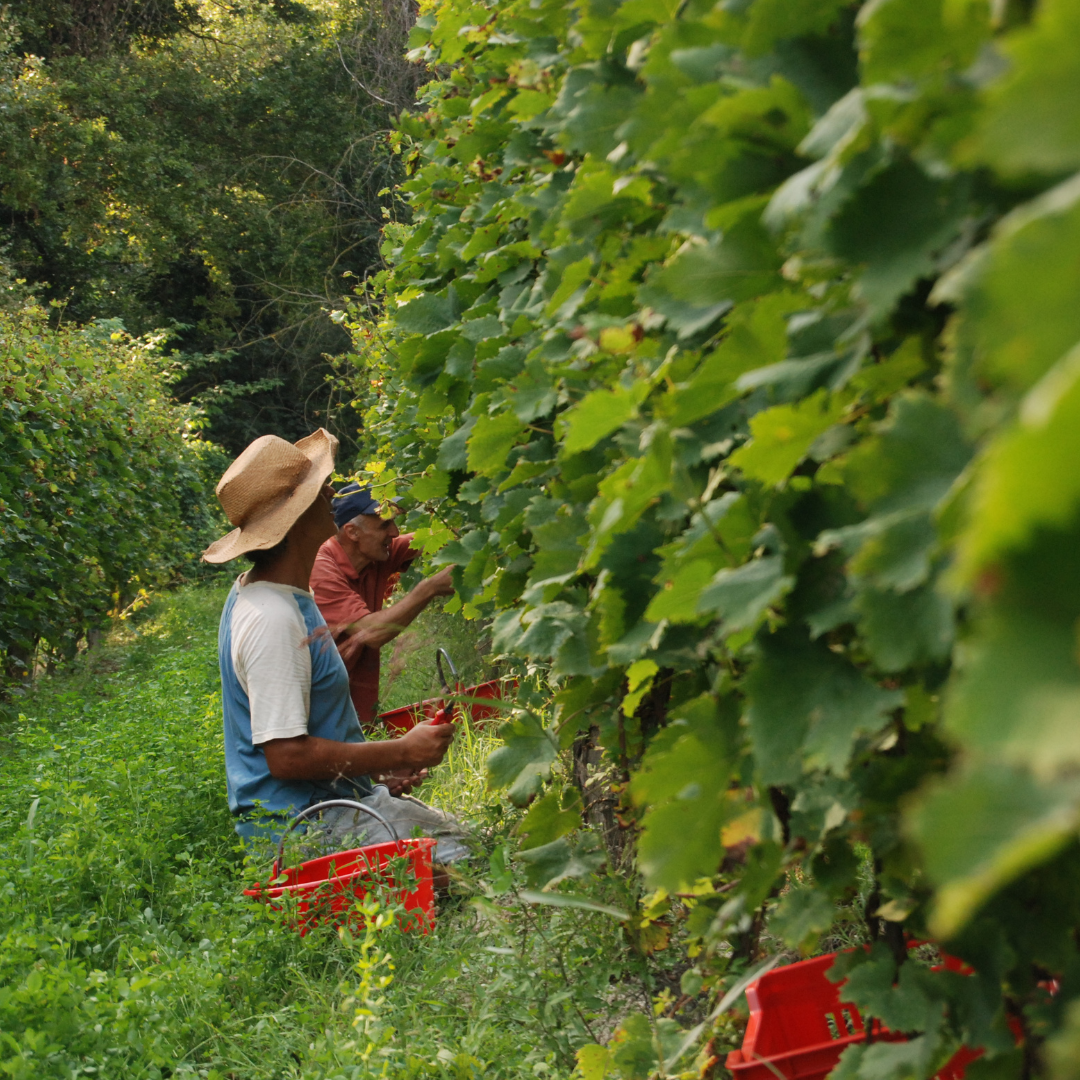Heating is an important part of energy consumption. However, certain regions face significant environmental challenges during the heating season. Despite having ample reserves of different energy sources that can meet the energy demand, Ulaanbaatar city in Mongolia is grappling with challenges due to inadequate infrastructure and insufficient capacity or delivering energy. Given the detrimental health effects of pollution, this paper identifies solar photovoltaic (PV) energy combined with battery storage as the fastest (fast) way to alleviate air pollution. It also identifies feasible policy changes that the Ulaanbaatar city administration and the state government can implement to accelerate the transition to cleaner (good) and more affordable (cheap) heating energy.
In 2023, for the first time in two decades, Mexico celebrated being the number one exporter to the United States. 2023 also marked the thirty year anniversary of the first femicides being registered in Mexico. Currently, 11 women are murdered and 23 disappear in Mexico every day, and more than 50 percent of the workforce is female in Mexico’s industry. Although women are critical to the success of these industries, every 10 hours another femicide occurs. Foreign investment in Mexico has benefited the nation for example the United States-Mexico-Canada agreement where Mexico received $36 billion in foreign direct investment. However, more than half of the workforce in Mexico live under informal jobs and earn the minimum wage. This article discusses how demographic marginalization of maquilas and lack of protection from the Mexican government plays a role in fueling violence against women in Mexico.
Climate change is one of the defining issues of our time. While global recognition of and action against it are lagging, climate change is slowly but inescapably becoming an existential threat to humanity. But how did we get here? We are living in the so-called Anthropocene, a period defined by human impact on the climate and ecosystems often linked to industrialization and capitalism. Within the current system, catastrophic consequences of climate change and environmental degradation are inevitable. In order to mitigate and adapt, there needs to be a societal shift towards a climate-conscious epoch. A capitalist-centered perspective will not lead us to the sustainable transition needed in order to mitigate and adapt to climate change. For a green transition to be effective, there must be a shift towards empathy and creating structural equity with respect for every human and nonhuman life. Indigenous practices and perspectives can guide us to help deconstruct the current system and create a new era marked by justice and synergy with the environment. The road to a sustainable future will not be straightforward and the deconstruction of these harmful systems will be onerous, but crucial.
BY ANGELORA CASTELLANO
The indigenous communities of the global north have amassed a tremendous amount of traditional ecological knowledge within their oral traditions. This knowledge allows for indigenous communities to “be adaptive and resilient to change and offers a way of knowing that could be conducive to understanding impacts from climate change and strategies for climate adaptation.” By including indigenous expertise within scientific research on mitigating the impact of climate change, there is a direct integration of traditional knowledge into the creation of adaptation strategies, ensuring more just and inclusive solutions.
BY PHILIP MAXSON
The tendency to commit to a one-size-fits-all approach has informed conservation initiatives that will, as a consequence, fail to achieve their desired results. Instead, conservationists must look to create a just and equitable future for conservation— one that prioritizes the well-being of Indigenous peoples and local communities and addresses the shortcomings of past projects.
BY GIHAN ELHADIDY
Climate change is known to have a detrimental effect on women, as they account for the majority of the world’s poor, are more reliant on natural resources that are affected by climate change, as well as the social, economic and political barriers that hamper their ability to cope. These effects are more intense in conflict-ridden regions like parts of the Middle East and North Africa (MENA). Yet, the gender, climate, and conflict nexus in the Middle East has not received sufficient attention. Women can play a crucial role in ushering in a just transition by engaging them in environmental peacebuilding, a conflict resolution theory arguing that despite conflict, communities that come together to protect common natural resources, can also build a foundation for peace.
BY CARTER HANSON
The green energy transition has two components, politics and policy, and climate change mitigation must engage both to be effective. The challenge is not a shortage of policy solutions, which are abundant, but the election of climate-conscious governments and, therefore, the expansion of local support for mitigation policy. Bottom-up activism and persuasion are essential to shifting public will, but these strategies must harmonize with top-down policy solutions. For this reason, justice must be treated as the essential political imperative of the sustainable transition.
On Wednesday, Nov 8, SAIS Perspectives hosted an event to launch our 2023-2024 theme: “Towards a Just Transition”. We were honored to welcome Chen-Chen Tung and Shiyana Gunasekara, two SAIS alumni, to speak about their careers and to answer questions from the audience. Johannes Urpelainen, SAIS Professor of Energy, Resources and Environment and the founding director of the Initiative for Sustainable Energy Policy, led the panel discussion.
BY MARILEN MARTIN
As Poland grapples with the necessity of a comprehensive and equitable phase-out strategy for coal workers, it also has to mitigate the high economic and social costs of delay. The recent elections in Poland present a unique window of opportunity for a more near-term pivot towards renewable energy sources. If Poland’s opposition parties move the energy transition forward with more urgency, they could foster a more just and sustainable future that takes into account the long-term welfare of the entire population.
BY NOAH MARTIN
Maharashtra, the second most populous Indian state and the third largest in land area, has enormous potential for solar energy capacity that could include all customers in the green transition. However, in order to avoid the vicious cycle of the “utility death spiral” among customers and electricity suppliers, access to solar panels must be rethought.
BY SOPHIE EGAR & JOSEPH BOUCHARD
Beyond the Amazon region lies Brazil’s Atlantic Rainforest. Despite the remarkable biodiversity and ecological importance, less than 10 percent of the Atlantic Rainforest’s original cover now remains. Located within this region is Minas Gerais, a state with deep ties to the mining industry. While mining in this state has been profitable, its success has not been achieved without substantial detriment to the environment. Nor have the local communities shared equally in the generated wealth and power. The Brazilian government has contributed to the negative impacts on local communities through its poor helmsmanship of mine licensing.
BY ANNE-CHARLOTTE FROTTÉ
Native American Tribes have long faced energy insecurity, with about 14% of Tribal households having no access to electricity. Meanwhile, Tribal lands account for around 6.5% of the United States’ renewable energy potential. This article will evaluate the benefits of select cases where tribes have actively engaged in the creation of renewable energy projects, shedding light on the path towards a more sustainable and self-sufficient future. It will also discuss the challenges facing Native-led renewable projects and call for further reform.
BY XINGYU PU
Among the various mechanisms available to countries seeking to restructure their debt, a distinctive approach intertwines debt relief with specific development objectives. This approach is embodied by the debt-for-nature swap (DNS) process, which has garnered widespread attention at the global level. At its core, the DNS embodies the notion of using debt relief to champion environmental conservation and sustainable development, and has the potential to simultaneously address global inequality and promote environmental justice.
BY EVELYN DAN EPELLE
Language as a crucial aspect of culture can become exclusionary. An example is how pertinent climate adaptation and mitigation information has become increasingly inaccessible to indigenous populations. Indigenous people, who have long been stewards of their lands and ecosystems, possess unique knowledge, perspectives, and cultural practices that can also contribute significantly to successful global climate action. This piece will explore accessible solutions to challenges in climate communication.















